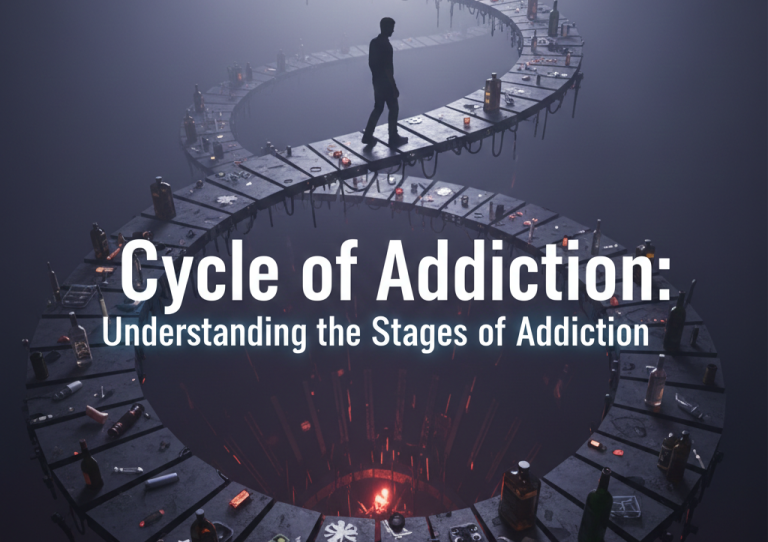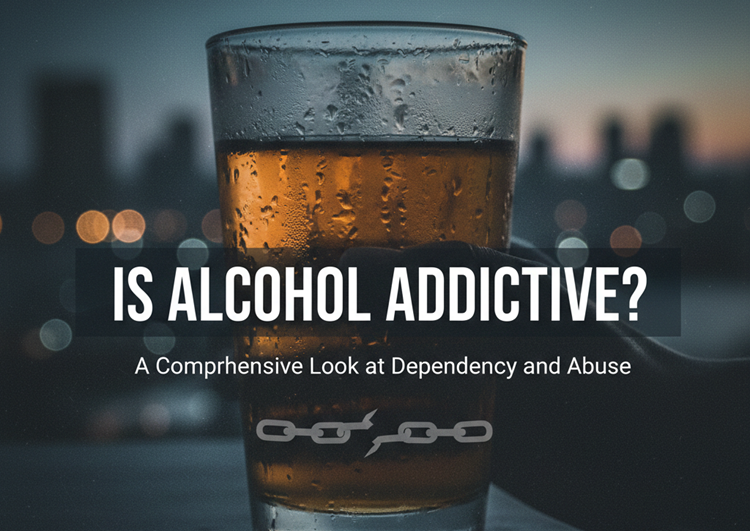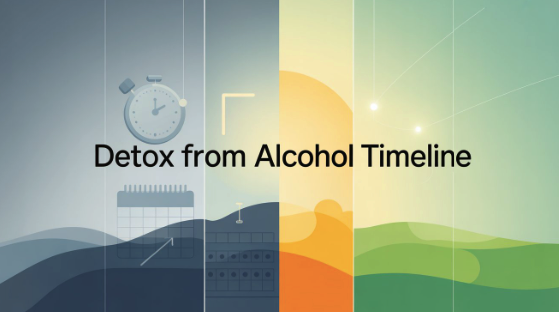Adult Mental Health Treatment: Answers to Complicated Questions About Mental Health Disorders, Treatment, and Challenges
People tend to think adults can manage their mental health as part of their life experience but this ignores the real risk of mental health problems they face. Adults experience strong mental health challenges because they juggle work responsibilities and personal relationships. Adult mental health treatment needs urgent support because of its importance.
Life difficulties affect adults the same way they affect other people and the inner reserves built through experience cannot last forever. Prioritizing adult mental health is essential to ensure overall well-being and a fulfilling life.
How Does Mental Health Affect Psychological, Emotional, and Social Well-Being?
Mental health is a comprehensive term that encompasses a person’s emotional, psychological, and social well-being. A person’s mental health, in whatever state it might be, affects how the person thinks, feel, and act. People sometimes don’t understand why they are feeling in a certain manner, or why they acted in a certain way. This could be due to the state of their mental health.
The World Health Organization defines a person who is mentally well or is in good mental health as the following: someone who can achieve their full potential, effectively cope with the stresses of daily life, and constructively contribute to their community. Mental health is all about physical, mental, and social well-being. It allows people to live a more fulfilling life. This is regardless of certain external factors that would normally bring down anyone else who does not have good mental health.
Does Mental Health Have an Effect on Overall Health?
Even in this day and age of readily available health information, many people are still not aware of how much mental health could affect a person’s overall health.
While it might have been dismissed as conjecture or coincidental in the past, more and more studies done today on the importance of mental health are pointing to how many conditions could have been brought about by poor mental health. This also further highlights the importance of mental health programs for adults.
100% Confidential Support is Available 24/7
No matter what you’re going through, you’re not alone. Our dedicated team is here to provide a safe, judgment-free space where you can talk openly and honestly. Whether you need emotional support, resources, or just someone to listen.
We’re here for you—completely confidential and always respectful of your privacy. Call us today!
Depression
Even before it was proven that depression was responsible for many chronic conditions, many already had an inkling that people who were primarily depressed or melancholic had an underlying condition they might not know themselves. This supposition has since become practical knowledge, which is why people are now actively seeking treatment for depression.
Depression has been linked to the development of many conditions, including:
- Diabetes
- Asthma
- Cardiovascular disease
- Various types of cancer
- Arthritis
- Insomnia or hypersomnia
Schizophrenia
Schizophrenia is a mental disorder that causes people to perceive reality differently, most often in an abnormal manner. This condition is often described as a combination of delusions, hallucinations, and chaotic thoughts that lead to aberrant behavior and thinking.
In some cases, it is so bad that it impairs many functions of the body. There are cases where a person suffering from schizophrenia had an episode where the person thought that they did not have any hands, and was completely unable to move the hand itself, even though nothing was wrong with the hand before the episode of schizophrenia. In other cases, a person with schizophrenia could suddenly perceive food being eaten as something else, and vomit whatever amount of it was already eaten. If this episode becomes chronic, the person could become malnourished or dehydrated quite quickly and become very ill.
Suicidal Thoughts
Both depression and schizophrenia could become so severe that suicide becomes a possible outcome. For a person with depression, the grief and melancholy could be so bad that death becomes an inviting thought. In many cases, there would be no indicators that the person would attempt suicide, which often leaves people wondering why they did.
Most people would think that those who suffer abuse or bullying would be the most vulnerable candidates for suicide, which is why many are surprised when successful or prominent people are reported to have died by suicide. Even worse is the fact that many suicides could have been prevented if only someone had been able to discern how poor the state of the person’s mental health was before the suicide.
People who suffer from schizophrenia are also prone to suicidal thoughts, as they could be experiencing a particularly powerful delusion or hallucination that they cannot handle, and the only solution they can think of is suicide.
Greater Tendency for Risk-Taking
The term “nothing to lose” often describes a mindset that people with poor mental health have. This kind of thinking often leads to behavior that put the person at greater risk in different aspects. Some take to smoking, alcohol, or even illegal substances because they feel that they have nothing more to lose in doing so.
The risk could also take the form of life-threatening situations, where the person does not bother to think of safety precautions anymore in whatever they do. Many have seen dangerous high-speed car chases between the police and someone they are pursuing in the news or reports of vehicular accidents that were so horrific that people would wonder what the driver was thinking that led to the mishap.
Malnutrition
Actively pursuing a healthy lifestyle is also a good indicator of sound mental health. People who eat healthily, get into a habit of exercising and stay away from practices that could harm their health don’t just possess a strong body, but they also exhibit strong mental health. The same could be said when the situation is reversed: people who neglect their physical health could also have poor mental health.
In many cases, being in a shameful state of mind often suppresses the appetite, causing the person to eat less than they should. Or when they do eat, they eat food items that don’t help their nutrition in any way. Conversely, people suffering from a poor mental state could also overeat, or eat food items that only cause severe weight gain, pushing them to obesity. Once obesity sets in, the person could then develop the typical complications from being overweight, such as high blood pressure and cardiovascular disease.
Is Mental Health Also Connected to Emotional Health?

Mental health and emotional health are inextricably connected in that certain mental states directly affect a person’s mood and behavior. In this aspect, both people in poor mental health and people who suffer from one form of mental disorder or another could manifest mood swings. Mood swings are a state where a person’s emotions could suddenly, and often unpredictably, change at a moment’s notice, even without provocation.
Poor mental health could aggravate any emotional issues a person might be going through by pushing the person further into pessimism. Pessimism should be differentiated from pragmatism, as some people would insist that they are not being pessimistic, and they are only being pragmatic about the situation. Being pragmatic about the situation means accepting things as they are, regardless of how bleak or dark the conditions might be.
The level of acceptance in pragmatism serves to protect the person from the more forceful and destructive aspects of emotion relevant to negative occurrences. A person who has accepted things that are happening due to their pragmatism may actually manage their expectations about the matter, or even prepare a contingency plan should things go awry.
Being pessimistic, however, mostly entails expecting the worst outcome in most situations and falling into despair because of it. This is instead of trying to figure out a way to make the most of things or even trying to think of a way to fix things.
Why is Mental Health Worse For Adults?
People entering adulthood face many emotional problems while adjusting to big changes in their life. The pressures and changes we face in life impact our minds and feelings so we must take mental health seriously right now.
Growth and Confusion
Adults face multiple conflicting feelings when they deal with life changes and hard situations. Your daily life includes adapting to new career roles while you deal with relationship issues and find ways to manage your work and home balance. The body’s natural hormone changes from aging and stress create feelings of disorientation and inner unrest. Body challenges occur when health conditions or life changes take place which makes people feel unfocused about their physical self.
When women experience hormonal shifts from these life stages, they may face both body and mind changes. Adult men may feel physical effects from their reproductive system as their testosterone balance changes while their bodies age.

Adults usually dismiss disruptive experiences or milestones as being non-threatening to their emotional stability. Adults face difficulty understanding their emotional journey during this time of life.
Peer Pressure and Social Awkwardness
Many adults experience the misfortune of not receiving moral support during times when they feel most confused. This can take a tremendous toll on their mental health, as they navigate various phases of life where they are trying to determine who they are, what they want, and what direction to take.
Adults also often feel the need for acceptance, whether in personal relationships, workplaces, or social circles. Popularity and social validation can become significant aspirations for some, leading to pressures that are difficult to manage. Others may strive to fit into groups they perceive as ideal or socially superior, only to find that these efforts create additional challenges and unmet expectations.
Adults’ Mental Health at Orlando Treatment Solutions
No one finds becoming an adult simple. Life at this stage heavily affects how a person handles their mental wellness. Adults frequently do not see the stress they feel since they struggle under the many demands of this life phase.
We help adults face their difficulties at Orlando Treatment Solutions. We develop inner strength when challenges come our way because hardships are normal in life. Professional support at this moment helps you build a happier future.
Let us help you or your loved one today. Together, we will build a better tomorrow by helping adults handle life challenges with understanding and professional expertise.
CALL US NOW
Orlando Treatment Solutions will iron out the details for you in a manner that will make you confident in your path to sobriety. That first simple call is your ticket to making Orlando Treatment Solutions your solution for addiction. Get the freedom from addiction that you deserve today.
FAQ’s About Adult Mental Health
What is the 3-month rule in mental health?
It is a manual that is applied to diagnostic evaluation and the trial phase to determine the efficacy of the new drugs or treatment therapies, such as CBT, to ensure progress is followed.
What is the most effective treatment for mental health?
In the majority of conditions, better mental health treatment would involve psychotherapy (talk therapy), such as CBT, hand-in-hand with psychiatric medication to recover with the collaboration of a trained professional.
What are the 5 C’s of mental health?
Connection, Coping, Calmness, Care, and Compassion comprise the very components of emotional and mental well-being and build a solid structure of greater mental well-being.
What can you do for an adult with a mental illness?
Self-applied help. You can do that by being considerate by simply listening without judging, seeking professional help, and giving physical help, such as attending appointments to remind them of their mental health process.
What is the hardest mental health issue to treat?
Borderline Personality Disorder (BPD), Schizophrenia, and severe Bipolar Disorder are commonly mentioned as hard to treat because they have severe, long-standing symptoms and a great probability of self-harm.
How to treat a mentally disturbed person?
Treatment is required by practitioners. Provide support, empathy, active listening and socialization with them to pursue or go to therapy with a mental health professional and take medication.
How to heal yourself mentally?
You can also consider promoting your own well-being by supporting the well-being of others, engaging in activities, acquiring new skills, practicing mindfulness, and volunteering to help others, in order of importance.
What happens when mental illness goes untreated?
Mental illness, which goes untreated, may be extremely acute, with consequences in the emotional, behavioral, and physical condition of health, poor quality of life, and conflicts at the family level.
What not to do with a mentally ill person?
Do not tell them to snap out of it and cheer up. The problem of mental illness is not a choice: patience, support and stimulating professional mental help.



























